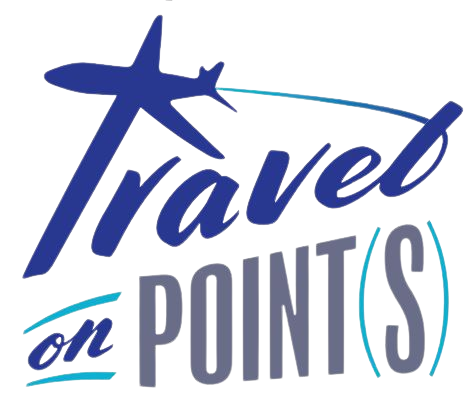Here at Travel on Point(s), we often talk about the glamorous side of award travel—earning rewards and using those rewards to travel for free. Usually, this involves signing up for, and using, credit cards. While that sounds easy, it's important to have a strong foundation of financial responsibility before signing up for new cards.
Table of Contents
ToggleThis includes understanding your credit score, and also being sure that you can manage your available credit and avoid paying interest. The cards that have some of the best benefits also often come with the highest interest rates. If you're earning 10-20 points per dollar on your purchases (pretty common when working on a sign-up bonus), but you're paying 20% (or more) interest on your balance because you can't pay it off in full, you've just erased all of the value of your points.
This important rule is simple: Pay your balance in full, every month.
What does this mean?
You must pay the statement balance on your credit card on or before the due date. This way, you can take advantage of the card's “grace period” where you will not be charged interest. This does not mean that your statement must cut at $0 or that you need to make multiple payments on your card throughout the month. The only important thing is to make sure that the entire balance shown on your credit card statement has been paid by the due date listed on that statement.
A lot of credit cards show you a “minimum amount due” with every statement. This is not the amount you should be paying. You must pay your entire balance off in full. For example, say you spent $2,000 on your credit card during the month, and your statement shows a “minimum amount due” of $40. If you just pay these $40, you're still owing the bank the remaining $1,960. This $1,960 then carries over to next month's bill. The bank will charge you interest on that $1,960 because you haven't paid it. If you do this again the following month, then you'll have an ever bigger amount due with even more interest. This can snow ball quickly.
What if you are already carrying balances on your credit cards?
If you are paying interest, find a way to pay it off as soon as possible, or transfer the balance to a card that has a 0% balance transfer offer. If you do transfer the balance, be sure that you can pay it off in full before the balance transfer period expires. Also, make sure that you understand the fees associated with the balance transfer, if any. Frequently the new card issuer will charge a percentage of the total balance being transferred up front (3-4% is typical). Make sure that you understand the terms of the 0% offer. Some offers waive the grace period on any other charges made with that card, so the only thing you would want to use the card for is the balance transfer.
The goal in award travel is to maximize your purchases, to make your everyday expenses work for you. The goal is never to spend beyond your means. If you're carrying balances and paying interest, you're working against yourself.
Award travel does not require you to make purchases you otherwise wouldn’t make. Instead, the goal is to shift your regular everyday expenses away from cash and debit cards, and move them to credit cards. This includes even large payments like car insurance or home improvement projects.
What about other debt?
If you have other outstanding debt, like student loans, a car loan, or a mortgage, don't worry. As long as you're making those payments on time every month, credit card issuers will not ding you for having those types of debt. In fact, having a long history with a lender, such as a bank servicing your mortgage or a student loan lender, is actually good for your credit score. It shows that you can be a reliable customer with a long history of on-time payments.
Of course, if opening a new credit card would cause you to miss a payment on any of your existing debt, then you should not be opening a new credit card.
Final Thoughts
Not everyone can manage their spending on credit cards. It's important to understand your financial situation and to know your own limitations. If you know that you can't control your spending or that you don't have the discipline to pay your cards off in full every month, then opening new credit cards may not be part of your points and miles strategy. That doesn't mean you can't earn and redeem points and miles. It just means you will require a little more effort and creativity. We have plenty of credit-card-free ideas for earning points and miles (and saving money) here.
If you haven't joined, come check out our Facebook group, where you can learn much more about traveling on points!








